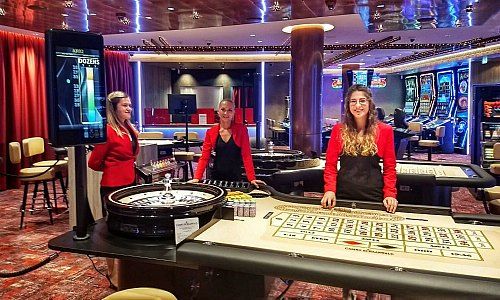To be sure, Liechtenstein's casinos are mainly attracting foreign gamblers: the country's 160 square kilometers are sandwiched between Germany, Austria, and Switzerland. The principality is easy for gamblers who might otherwise be banned from casinos in Switzerland's Bad Ragaz or Germany's Lindau or Constance.
Loopholes on Bans
At the two casinos currently operating in Liechtenstein, nearly 1,000 people are banned from the gambling floor. Liechtenstein doesn't reference house bans that are maintained in Switzerland or Germany. This has led observers to surmise that the principality may be a target for those hoping to quickly launder money via casinos. No cases have been registered with authorities in Liechtenstein thus far.
That hasn't stopped gambling from advancing to a national debate in the tiny alpine nation, which is part of the European economic area but uses the Swiss franc as its currency. While economy minister Daniel Risch is sanguine about potential reputational damage, parliamentary head Albert Frick fears gambling could taint Liechtenstein's reputation.
Tax Incentive
- << Back
- Page 2 of 2




































